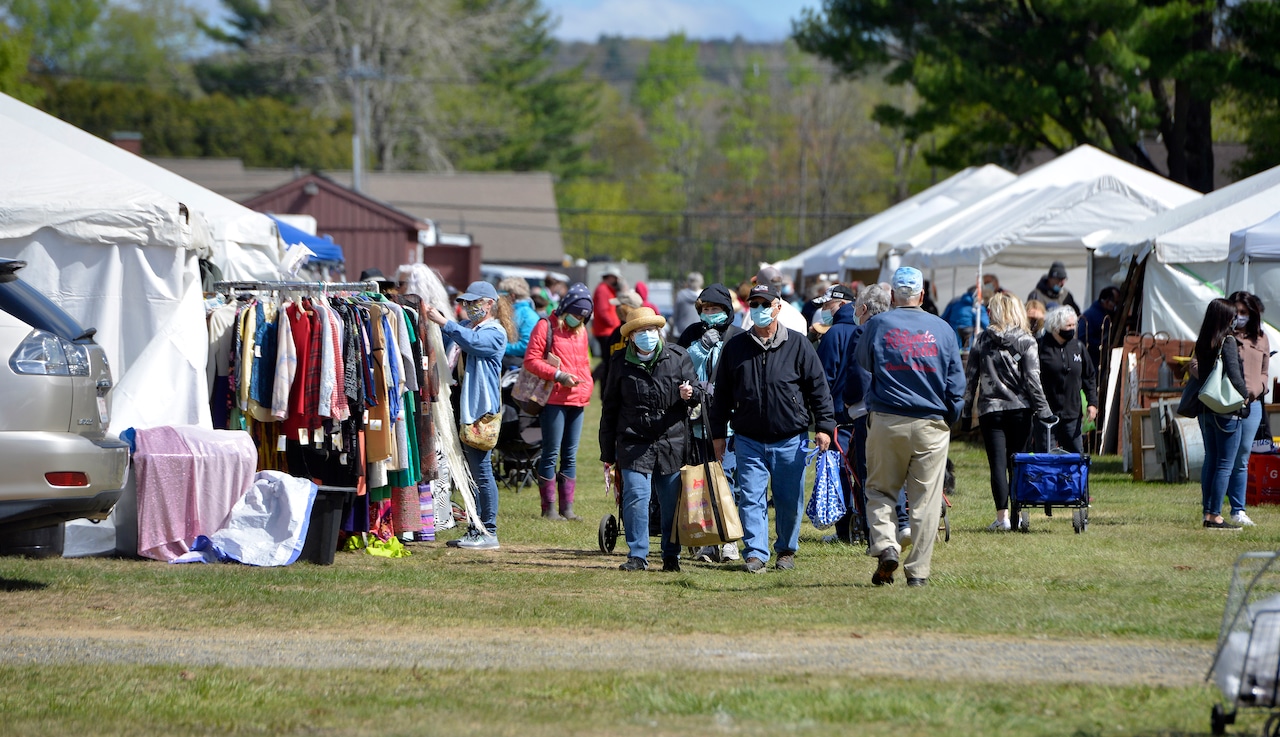
Despite making up a small portion of all American renters, Black people make up more than half of eviction filings in the country, according to a study released this week by Princeton University’s Eviction Lab.
Researchers synthesized census data and court records to get a better overview of who exactly gets evicted in America.
The study shows Black women with children evicted at a rate three times higher than white women with children. Landlords threaten Black women with eviction at a rate four times higher than their white counterparts.
“This is an enormous fair housing issue that could be addressed with policy at the federal level and even at the state level,” said Peter Hepburn, a sociologist and associate director of Eviction Lab.
The Fair Housing Act was signed into law in 1968 to limit discrimination in the housing market by prohibiting landlords and mortgage lenders from denying housing to tenants based on factors like race, gender and ability. Despite eliminating barriers for Black Americans seeking housing, it provides no legal protections for those being evicted.
Shortly after the COVID-19 pandemic began in 2020, congress placed a moratorium on evictions through the passage of the CARES Act, followed by a nationwide eviction moratorium issued by the CDC.
Each moratorium led to a notable decline in evictions throughout the country. But according to Nick Graetz, the lead researcher on the study, ever since those policies have expired eviction rates have started to resemble pre-pandemic numbers.
“Every renter is vulnerable to eviction. A sudden health issue in your family, a car crash or any unexpected problem can snowball into an eviction,” Graetz said. “But the fact is, different groups have different means of handling emergencies, and we shouldn’t leave that to, ‘well, who has money in their savings account for an emergency?’ when we can point to [the root causes] like the racial wealth gap in the United States.”
According to the study, children make up 40% of all people threatened by eviction, with one in every five Black children under the age of five living in a household where landlords have filed for eviction.
“The whole process can disrupt their lives in so many ways,” said Sarah D’Amato, a lawyer with Legal Aid Services of North Carolina. D’Amato defends hundreds of tenants each month from eviction in Durham, North Carolina. She says that most of her clients are Black mothers, some of whom she has had to represent more than once.
Evictions bring burdensome costs to already economically strained families such as attorney fees, fees for securing a new property and money to replace belongings. Families also may risk losing pay when having to take time off work to attend court.
According to D’Amato it is incredibly destabilizing for a child. Often it means leaving friends, families, pets and keepsakes behind.
“You can easily get behind one month and you can’t catch up,” D’Amato said. “Four weeks later you’re padlocked out of your house,” she said. “And thus the cycle begins.”





